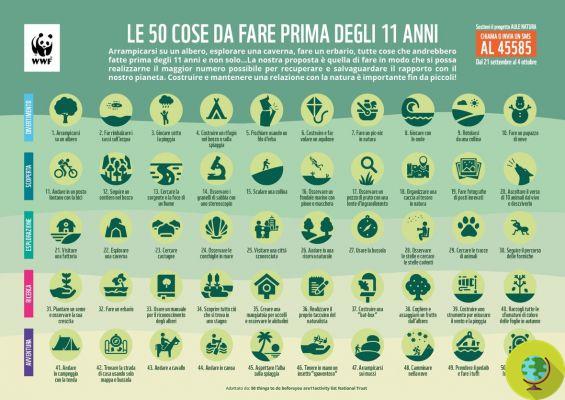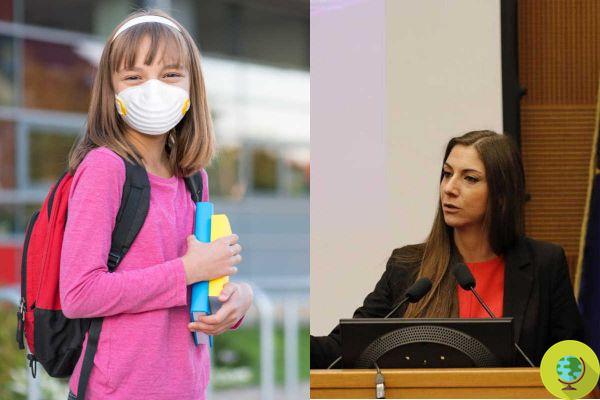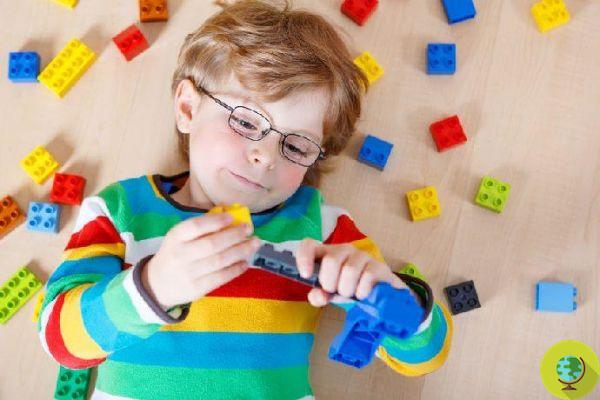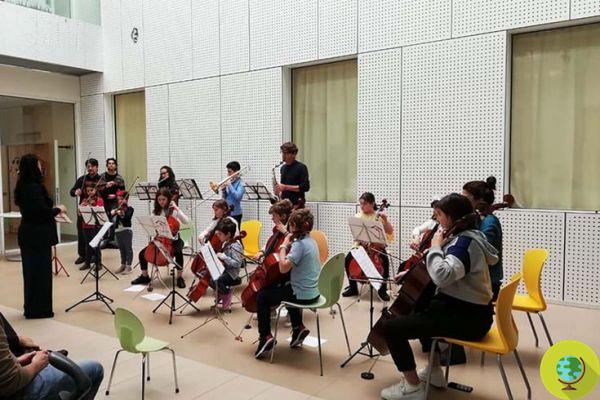The Pygmalion effect, also known as the Rosenthal effect, in psychology reflects on the interconnected link between the opinion that others have of us and our behaviors.
Don't store avocado like this: it's dangerousTHEPygmalion effect, Also known as Rosenthal effect, in psychology reflects on the interconnected link between the opinion that others have of us and our behaviors.
We talk about the Pygmalion effect in reference to the self-fulfilling prophecy, a theory according to which what we think tends to influence our actions and come true for better or for worse.
If we think that a person is particularly nice, or unpleasant, it is likely that we will begin to perceive in them only those signals and behaviors that will confirm our first impression. Has this ever happened to you?
Read also: THE SELF-FULFILLING PROPHECY: WHAT YOU THINK WILL HAPPEN
The example that is usually used to explain the Pygmalion effect or Rosenthal effect, named after the psychologist who has dealt with this topic, concerns the world of school.
Index
Pygmalion effect at school
Se teachers think a child is less capable than other pupils they will treat him, even unconsciously, differently from others.
According to the Pygmalion effect, the child will internalize the judgment and act accordingly.
Thus a vicious circle is established for which the child it will tend to become over time just as the teacher had imagined, therefore not very capable and not inclined to study or not very attentive during lessons.
Fortunately, the Pygmalion effect is not valid only in negative, but also positively. So if a teacher will commit to encourage their students and believing them capable will get good results.

Robert Rosenthal as a researcher led a social psychology experiment in a Californian elementary school, where he subjected a group of pupils to an intelligence test. Without respecting the test results, he randomly selected a group of children and told the teachers that they were the most intelligent. After one year the children selectedi had truly become the best in class. The positive influence of teachers has really contributed to improving pupils' performance.
Read also: 'THE POSSIBLE SCHOOL OF TURIN: WITHOUT TASKS, WITHOUT BACKPACK AND WITHOUT VOTES
Pygmalion effect in mythology
The Pygmalion effect takes its name from Greek mythology. In the Greek myth, Pygmalion begged Aphrodite to grant him in marriage the sculpture created with his hands making her a human creature and the goddess agreed.
Precisely in reference to this famous myth, now in common use it is called Pygmalion who assumes the role of teacher towards an uneducated person, shaping its personality, developing its natural gifts and refining its ways.

Pygmalion effect and self-fulfilling prophecy
Maybe we don't always realize it, but our behaviors can be influenced both from our thoughts and from what we think others think of us. If in our life we think we have to meet the expectations of others, we will behave accordingly.
If we do not want our life to be manipulated by other people, we try to get to know ourselves better, to understand who we are and to set our true goals to achieve so as to never forget our dreams and not to be influenced too much by who would like to hinder us.
Marta Albè

























